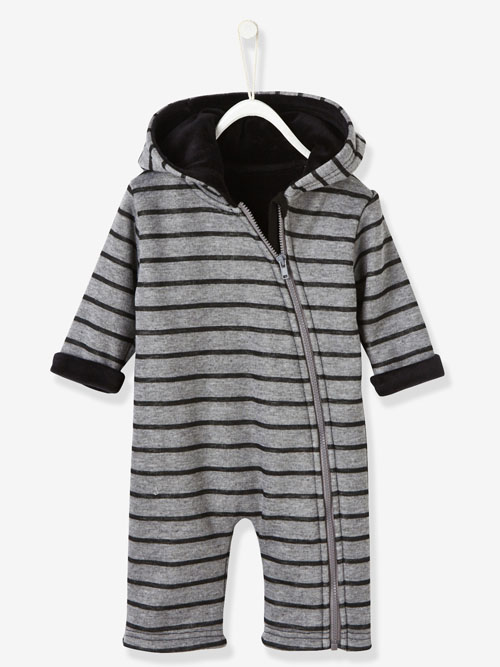
I’m excited to share with you the amazing benefits of bamboo clothing when it comes to water conservation.
As someone who values sustainability, I’ve always been concerned about the environmental impact of traditional fabrics. But now, I’ve discovered that bamboo is a sustainable alternative to cotton, requiring significantly less water in its production.
Not only that, but the manufacturing process of bamboo clothing also saves water.
Join me as we explore how bamboo fibers can help us embrace a water-wise lifestyle.
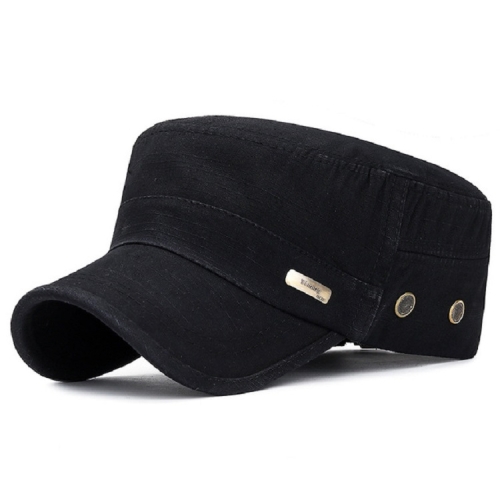
Key Takeaways
- Traditional fabrics like cotton and polyester have a significant negative impact on the environment.
- Bamboo clothing requires significantly less water to grow compared to cotton.
- Bamboo clothing manufacturing uses a closed-loop system, reducing water consumption.
- Caring for bamboo garments in a water-wise way supports sustainability.
The Environmental Impact of Traditional Fabrics
You might be surprised to learn that traditional fabrics like cotton and polyester have a significant environmental impact. As someone who loves fashion, I was shocked to discover the negative effects these fabrics have on our planet.
Cotton, for example, requires vast amounts of water for cultivation. In fact, it takes around 2,700 liters of water to produce a single cotton t-shirt. This excessive water usage contributes to water scarcity in many regions. Additionally, cotton cultivation involves the widespread use of pesticides and fertilizers, which harm the environment and pose health risks to workers.
Polyester, on the other hand, is derived from nonrenewable resources such as petroleum and natural gas. Its production releases harmful greenhouse gases and contributes to air and water pollution.
Understanding the environmental impact of traditional fabrics has inspired me to explore alternative options, such as bamboo clothing, which is known for its water-wise properties.
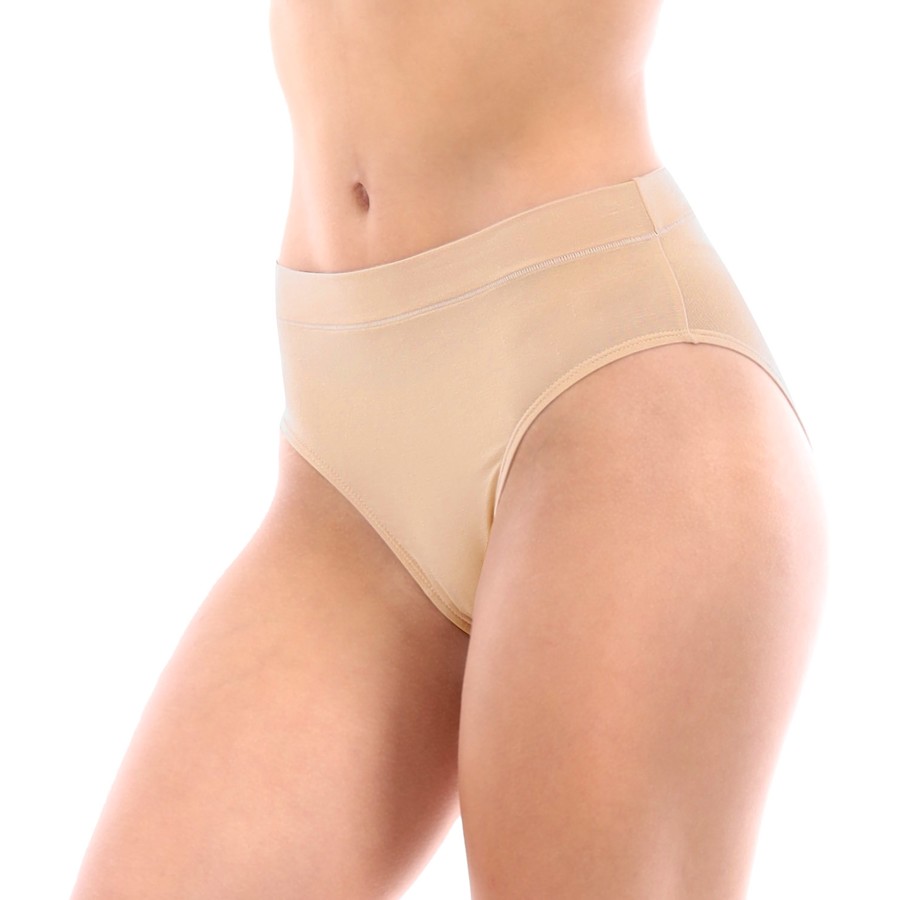
The Water Requirements of Conventional Cotton Production
When it comes to conventional cotton production, it requires a significant amount of water. Growing cotton is thirsty work, and it takes about 2,700 liters of water to produce one cotton t-shirt. That’s a staggering amount!
The water requirements for cotton start from the very beginning, with irrigation needed to grow the cotton plants. Then, during the growing season, additional water is required to ensure proper growth and development. Finally, when it’s time for harvesting, more water is used to process the cotton fibers.
This excessive water usage puts a strain on water resources, especially in regions where water scarcity is already a concern. It’s clear that we need to find more sustainable alternatives to conventional cotton, like bamboo, which requires significantly less water to grow.
Bamboo as a Sustainable Alternative to Cotton
When it comes to finding sustainable alternatives to cotton, bamboo stands out for several reasons.
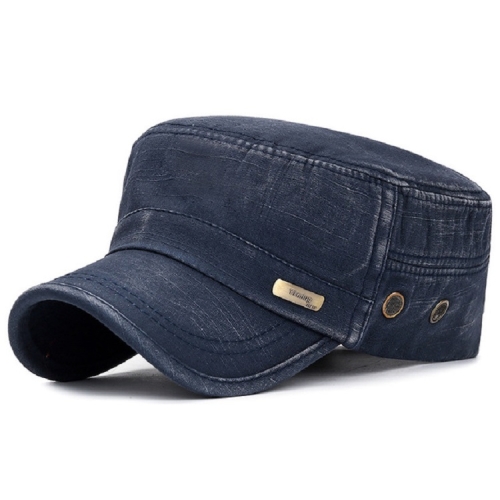
Firstly, bamboo requires significantly less water to grow compared to conventional cotton.
Additionally, bamboo is a fast-growing and renewable resource, making it an environmentally friendly choice for clothing production.
Lastly, bamboo fibers are known for being durable and versatile, making them suitable for a wide range of clothing and textile applications.
Less Water Consumption
Bamboo clothing uses less water compared to other fabric options. I always try to make environmentally-conscious choices, and when it comes to my wardrobe, I want to minimize my water footprint. That’s why I love bamboo clothing.
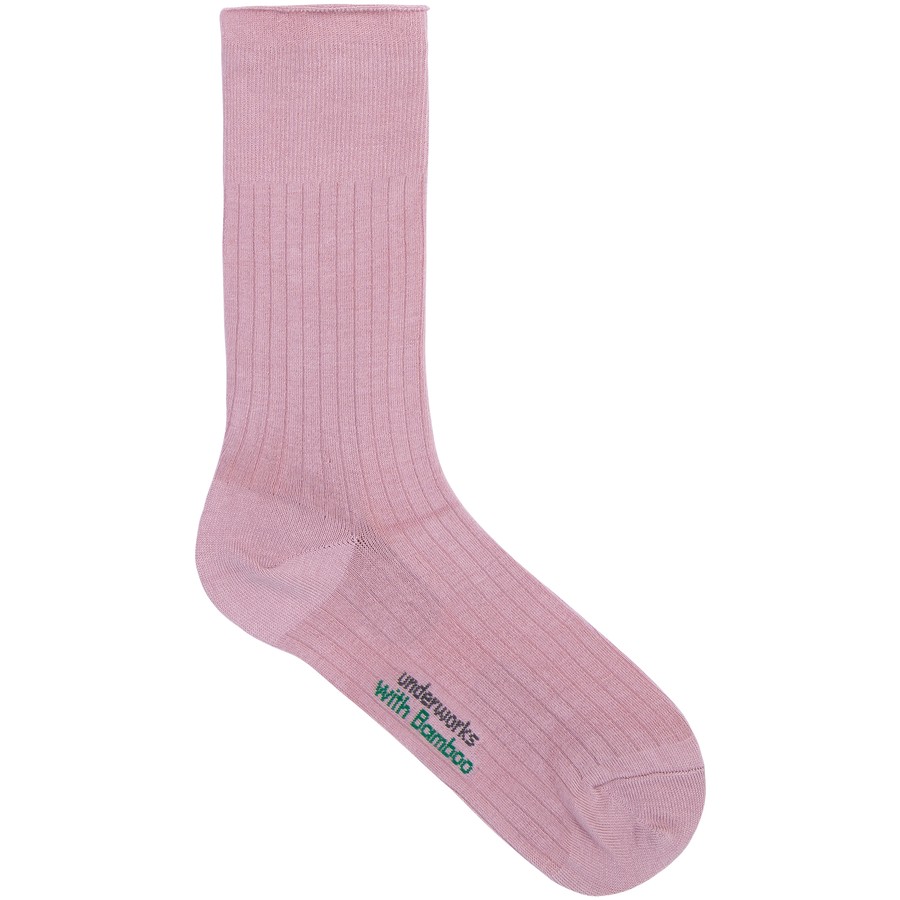
Unlike cotton, which requires a significant amount of water to grow, bamboo can thrive with very little water. It is a highly sustainable plant that grows quickly and doesn’t need much irrigation. This means that the production of bamboo clothing consumes less water overall.
Fast-Growing and Renewable
I’m amazed at how quickly bamboo grows and how it can be renewed without much effort. It’s truly remarkable!
Unlike other plants, bamboo can grow up to three feet in just one day. This rapid growth rate means that bamboo is a highly sustainable resource for clothing production.
Additionally, bamboo doesn’t require pesticides or fertilizers to grow, making it even more eco-friendly. The root system of bamboo also helps to prevent soil erosion, which is crucial for maintaining a healthy ecosystem.
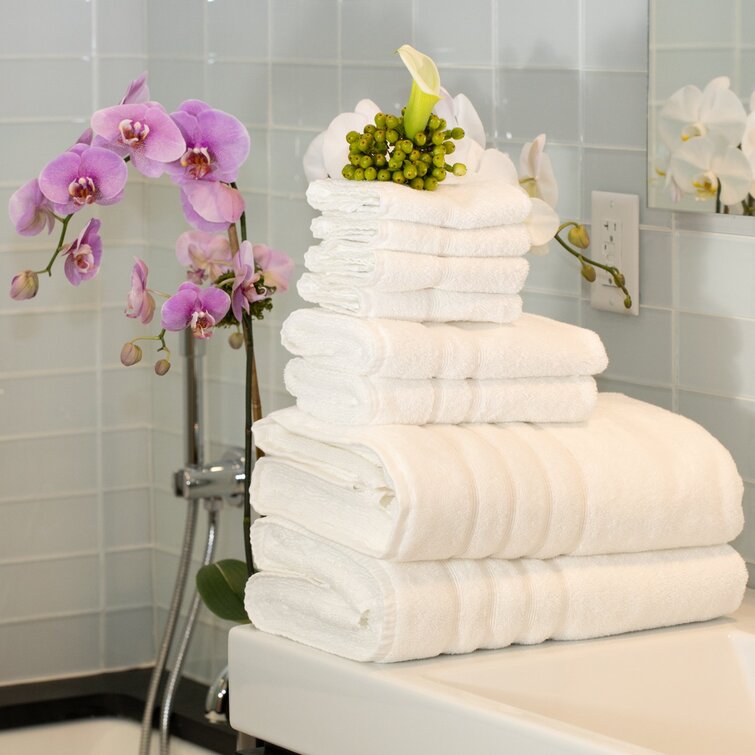
When harvested, bamboo can be cut down to the base, and within a few years, it will regrow to its full height. This process makes bamboo one of the most renewable materials available, and it’s why I’m so fascinated by its incredible growth and renewability.
Durable and Versatile
The durability of bamboo makes it an excellent choice for a variety of applications. As someone who is passionate about sustainability, I appreciate that bamboo clothing is not only eco-friendly but also long-lasting.
Bamboo fibers are incredibly strong and resistant to wear and tear, making them perfect for everyday clothing items like t-shirts, socks, and underwear. I love how bamboo fabric retains its shape and color even after multiple washes, ensuring that my clothes look good for a long time.
Additionally, the versatility of bamboo allows it to be blended with other materials like cotton or spandex, creating even more durable and comfortable clothing options.
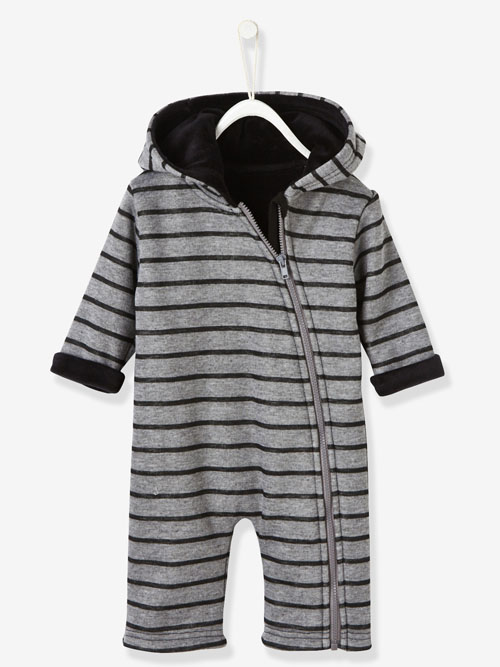
Knowing that my bamboo clothing will stand the test of time brings me peace of mind and reinforces my commitment to sustainable fashion.
Water-Saving Benefits of Bamboo Clothing Manufacturing
By using bamboo fabric, I can save significant amounts of water during the clothing production process. Bamboo is a highly water-efficient plant that requires very little irrigation. Compared to traditional fabrics like cotton, the production of bamboo fabric consumes up to 70% less water. This is because bamboo grows naturally in rain-fed areas and requires minimal additional watering.
Additionally, bamboo fabric manufacturing uses a closed-loop system that recycles and reuses water, further reducing water consumption. The process of transforming bamboo into fabric also requires less energy and chemicals, making it a more environmentally friendly option.
Not only does bamboo clothing offer comfort and durability, but it also helps in conserving water resources, making it a smart and sustainable choice for the fashion industry.
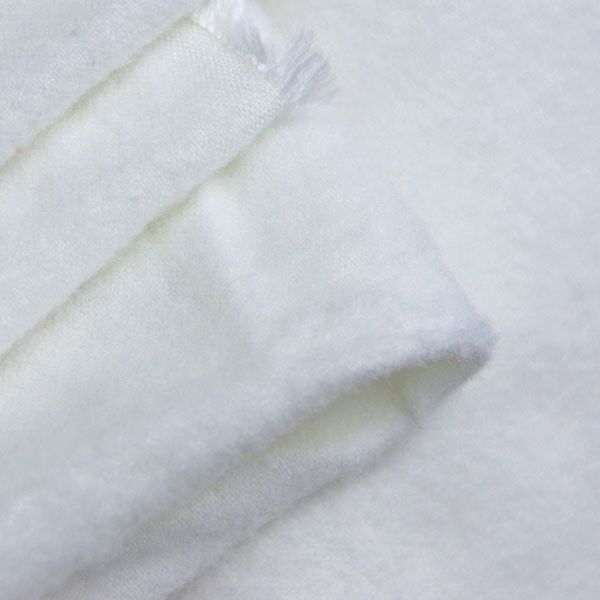
How Bamboo Fibers Reduce Water Consumption in Garment Care
To reduce water consumption when caring for garments made from bamboo fibers, you can simply wash them in cold water and avoid using the dryer.
Washing clothes in cold water not only saves energy but also minimizes water usage. This is because hot water requires more energy to heat and can lead to increased water consumption.
Additionally, skipping the dryer and air-drying your bamboo garments can further reduce your water footprint. Dryers consume a significant amount of energy and contribute to water waste indirectly, as the production and disposal of electricity require large amounts of water.
Embracing a Water-Wise Lifestyle With Bamboo Clothing
When embracing a water-wise lifestyle, you can make a positive impact by incorporating bamboo garments into your wardrobe. Bamboo clothing is not only fashionable and comfortable but also environmentally friendly.
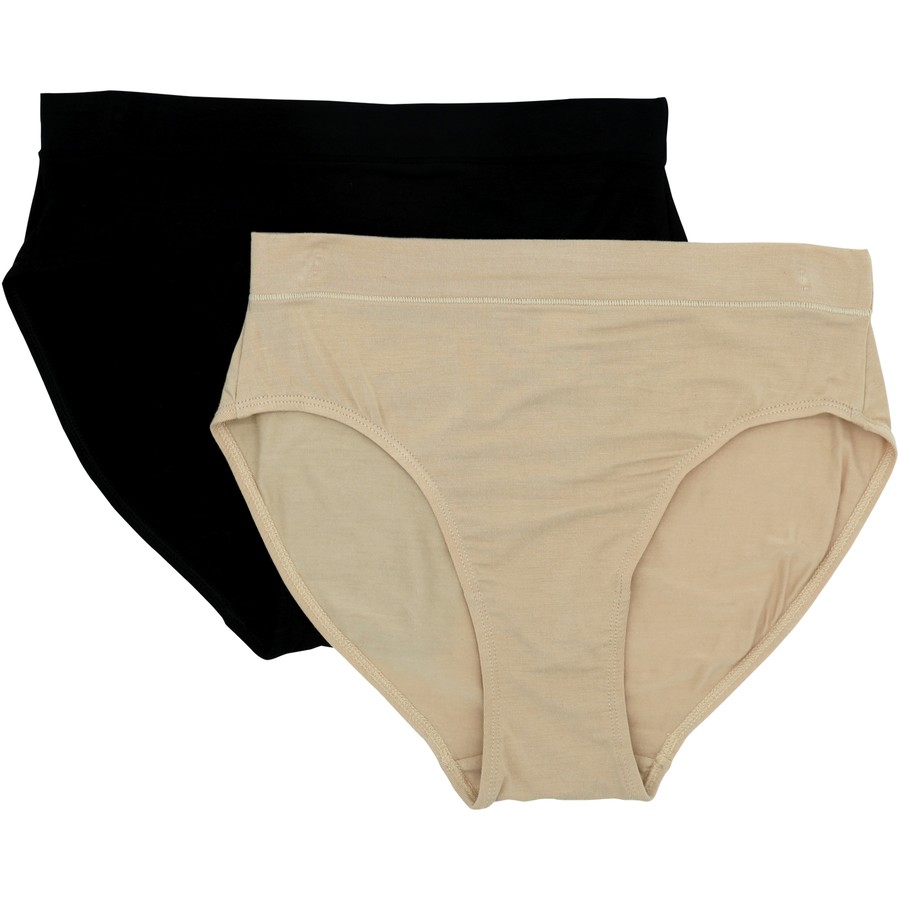
As a conscious consumer, I have chosen to include bamboo clothing in my wardrobe because of its numerous benefits. Firstly, bamboo requires significantly less water to grow compared to other fibers, such as cotton. This means that by wearing bamboo garments, I am indirectly conserving water resources.
Additionally, bamboo fabric has natural moisture-wicking properties, which help to keep me cool and dry throughout the day. This means I don’t have to rely on excessive washing or using energy-consuming dryers to keep my clothes fresh.
Frequently Asked Questions
How Does Bamboo Clothing Compare to Other Sustainable Fabrics, Such as Hemp or Organic Cotton?
Bamboo clothing is a great option for sustainable fashion. It requires less water than other fabrics like hemp or organic cotton. It’s important to make conscious choices to conserve water in our wardrobes.
Are There Any Negative Environmental Impacts Associated With Bamboo Clothing Production?
There are some negative environmental impacts associated with bamboo clothing production. It requires a significant amount of water and energy to process the bamboo fibers, and there are concerns about deforestation and chemical use.
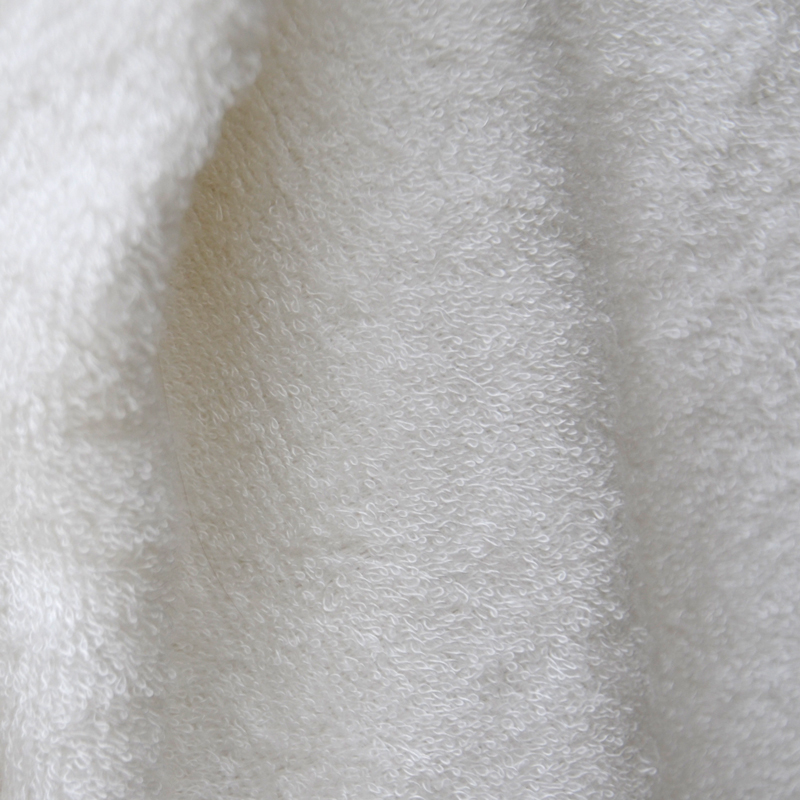
Can Bamboo Clothing Be Recycled or Composted at the End of Its Lifecycle?
Yes, bamboo clothing can be recycled or composted at the end of its lifecycle. It’s a sustainable option that reduces waste and helps conserve resources.
Does Bamboo Clothing Require Any Special Care or Washing Instructions?
Bamboo clothing does require special care and washing instructions. It is recommended to wash it in cold water and avoid using harsh detergents. Additionally, it should be air-dried instead of using a dryer.
Are There Any Limitations or Drawbacks to Using Bamboo Clothing in Terms of Style or Versatility?
There are no limitations or drawbacks to using bamboo clothing in terms of style or versatility. It is a sustainable and eco-friendly option that can be fashionable and versatile for any wardrobe.
Conclusion
In conclusion, I’ve learned that bamboo clothing is a fantastic option for those looking to contribute to water conservation.
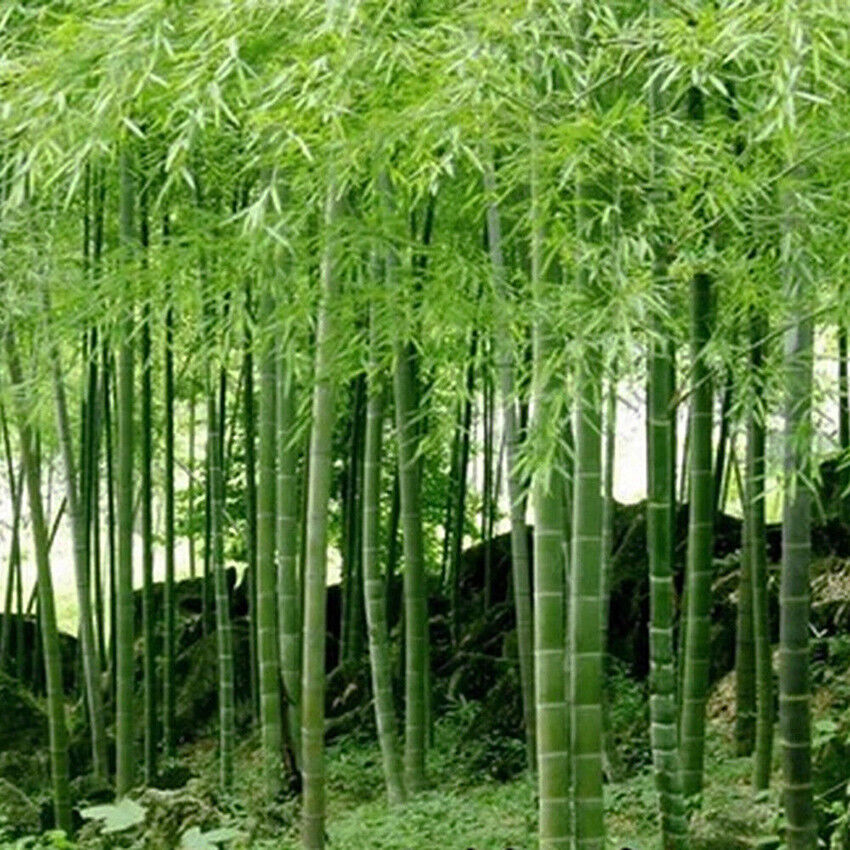
Not only does bamboo require significantly less water to grow compared to cotton, but the manufacturing process of bamboo clothing also saves water.
Additionally, bamboo fibers reduce water consumption during garment care.
By embracing a water-wise lifestyle with bamboo clothing, we can make a positive impact on the environment and help preserve our precious water resources.
